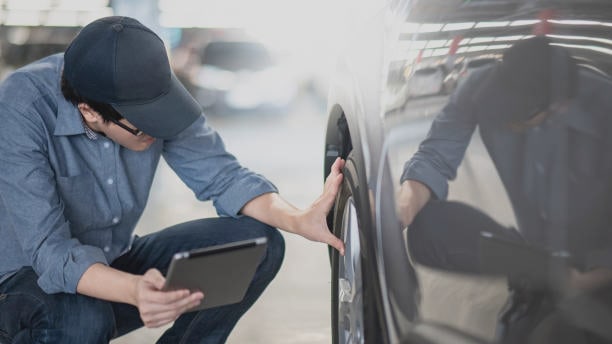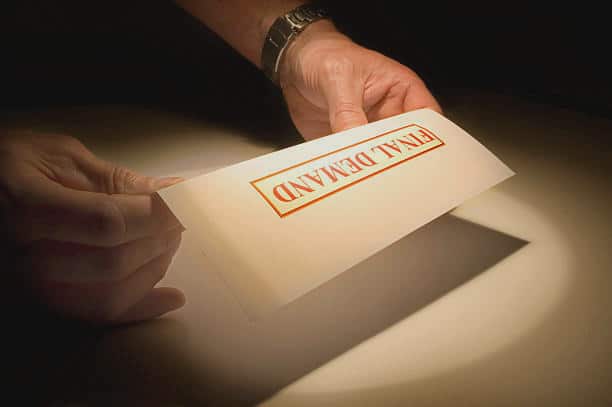In California, the lemon law protects consumers who have purchased new or used vehicles with substantial defects or a multitude of problems causing the vehicle to be in the shop an unreasonable amount of time. The law protects consumers from a potential sour deal and holds manufacturers responsible for confirming their product to the written warranty within a reasonable number of attempts.
Eligibility Requirements
The lemon law in California covers all new cars, leased cars, and used cars that are still under the carmaker’s warranty. If you buy or lease a car outside of California, the lemon law does not apply. The law applies to cars that are within 18 months of the purchase or lease, or have been driven less than 18,000 miles—whichever comes first. If the car does not work correctly and is under a written warranty, the manufacturer must buy it back. But first, they must make reasonable attempts to have it.
The car dealer or manufacturer must have tried to repair a problem at least twice, which are left unrepaired could have caused serious injuries or death. Alternatively, the dealer or carmaker has made four or more attempts to repair the same warranty problem.
If the car is in the garage for repair for longer than 30 days in total and has left the car-owner unable to drive it for at least that period, this law may apply. However, it doesn’t have to be for 30 days consecutively. In case the multiple visits add up to one month, this law might take effect.
Manufacturer Responsibilities
A manufacturer responsible for defects or problems must meet several qualifications that must be met in order to ensure that the vehicle is covered under California’s lemon law. If your vehicle meets these qualifications, you may have the right to seek recourse or take legal action. We encourage you to contact an experienced lemon law attorney as soon as possible.
Required Paperwork
The California Lemon Law protects consumers who have purchased defective vehicles by entitling them to a refund or replacement. In most cases, the first step to taking advantage of this law is to notify the manufacturer of the defect and of your intention to file a claim. If you have a strong case, the manufacturer may offer a settlement at this point. Otherwise, the next step is generally to submit your case to an arbitration board, which can be done remotely by submitting the relevant documents.
Steps to File a Claim
If you feel as though you were sold or leased a defective vehicle that is still under the original manufacturer’s warranty, you very well could be entitled to have that same vehicle repurchased or replaced. However, in order to make your claim effectively, it’s important that you understand the necessary steps involved in filing for California’s lemon law. California’s lemon lawyer identified the following steps:
Take Your Vehicle to the Dealership for Repair.
To protect your rights under California’s lemon law, you must take your vehicle to a representative of the manufacturer to get it repaired. You must give the dealership a reasonable number of attempts to repair your vehicle under warranty.
Get Your Dealership Repair Orders.
Be sure to go to the dealership with a clear idea of what the problem is. If you’ve been dealing with the same issue for a while, make sure to let your service representative know that you’re not leaving until it’s fixed.
Give the Dealership a “Reasonable Number of Attempts” to Resolve the Issue.
There is no specific number of visits required, but at least two visits are typically needed, and three or four will often be enough. However, sometimes we are able to maintain successful claims on the first visit if the time at the dealership exceeds 30 days. Because the “reasonable number of repair attempts” standard is subjective, it is best to consult with a California lemon lawyer.
Gather All Relevant Documentation.
Before filing your claim, you will want to gather all relevant documentation. This includes a copy of your purchase or lease agreement and your dealership repair orders.
Your Car Warranty Does Not Need to be Current.
California’s lemon law applies to vehicles that were repaired under warranty. If you have brought your vehicle in for repairs under the warranty, you may still have a lemon law claim even if your warranty has since expired. An expired warranty does not prevent you from having a lemon law claim.
Hire an Experienced Lemon Lawyer.
At this point, if not sooner, you will want to discuss your case with an experienced California lemon law attorney. Filing a complaint requires legal expertise, and the major manufacturers typically hire experienced defense firms to represent them in lemon law claims. Your attorney will be able to handle the legal aspects of your claim.
A Demand Letter is Not Required.
Although it can sometimes help your case, you are not required to contact the manufacturer directly. Neither you nor your attorney, are required to send a demand letter to the manufacturer prior to filing a complaint. Often, a manufacturer will not take a case seriously until a formal complaint has been filed against it in court.
Negotiate a Settlement or Litigate.
Upon receiving the manufacturer’s initial offer, your attorney will work to negotiate a settlement. If these efforts are successful, and you are satisfied with the manufacturer’s offer, your case will be settled. Most lemon law cases settle, but you should consider hiring a California lemon lawyer that is prepared to litigate aggressively in the event a manufacturer resists settlement.
In conclusion, California Lemon Law is a valuable consumer protection law that helps consumers in the state get a full refund or replacement for their vehicles if they meet the criteria for a lemon. If your vehicle does qualify as a lemon, contact a consumer protection attorney to discuss the process for filing a claim and getting the compensation that you deserve.




